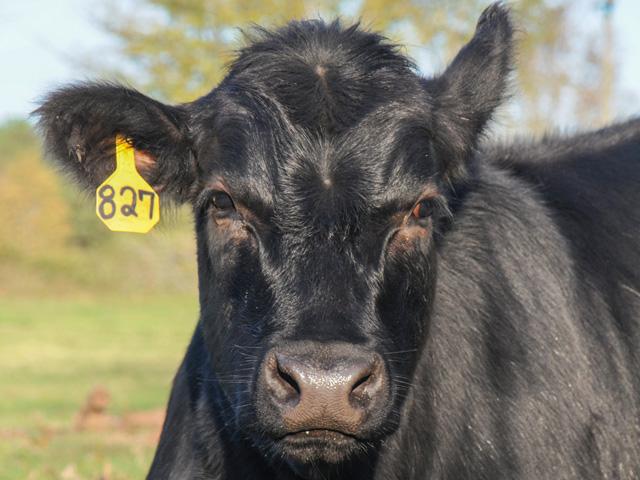Ask the Vet
Ear Tag Loss a Common Problem
READER QUESTION:
We seem to be losing more ear tags than we did in the past. Do you have any tips on how to minimize this? Do you recommend any brand or type of ear tag that stays in better?
DR. MCMILLAN'S ANSWER:
Lost tags are a fact of life in the cattle business. There are lots of reasons ear tags get lost, but at our farm, most of the time the tag gets hung in a feeder, hay ring or brush. I am not aware of any study proving one brand to be superior to the others.
P[L1] D[0x0] M[300x250] OOP[F] ADUNIT[] T[]
Tags may rip the ear, or the stud may break. In our herd, we rarely have torn ears, and we often find the tags in reusable condition around feeding or congregating areas. I believe our tag loss has been greatly reduced since we started using cone-type ring feeders. Cows seem to eat for longer periods of time with these, and that reduces the times they pull their heads out of the ring.
This is also a good time to emphasize the importance of removing bale wrap or twine. There are lots of good reasons to do this -- reducing tag loss is just one of them. You can also help reduce tag loss by simply having adequate feeder or bunk space and hay rings.
I'll also emphasize proper placement in minimizing lost tags. Tags should be placed between the middle two ribs of the ear, about halfway from the head to the tip of the ear. If placed too low or too far from the head, they are more likely to get hung. Always use the correct tagging pliers and pin for the brand of tag you have.
At the end of the day, tag retention is a common issue anywhere cattle are raised. A tag retention study out of Canada followed 2,000 calves, 1,000 yearlings and 700 cows for four years to report on the viability of tag types, poor tag retention and the accuracy and availability of livestock traceability data. The overall tag retention rate for calves exceeded 96%. The retention rate for yearlings was 99%. But retention rates on mature cows dropped to 82% on average. I've seen some studies where losses varied from as low as 3% to as high as 35% for cows.
**
Editor's Note:
Please contact your veterinarian with questions pertaining to the health of your herd or other animals. Every operation is unique, and the information in this column does not pertain to all situations. This is not intended as medical advice but is purely for informational purposes.
Write Dr. Ken McMillan at Ask the Vet, 2204 Lakeshore Dr., Suite 415, Birmingham, AL 35209, or email vet@progressivefarmer.com.
(c) Copyright 2022 DTN, LLC. All rights reserved.






